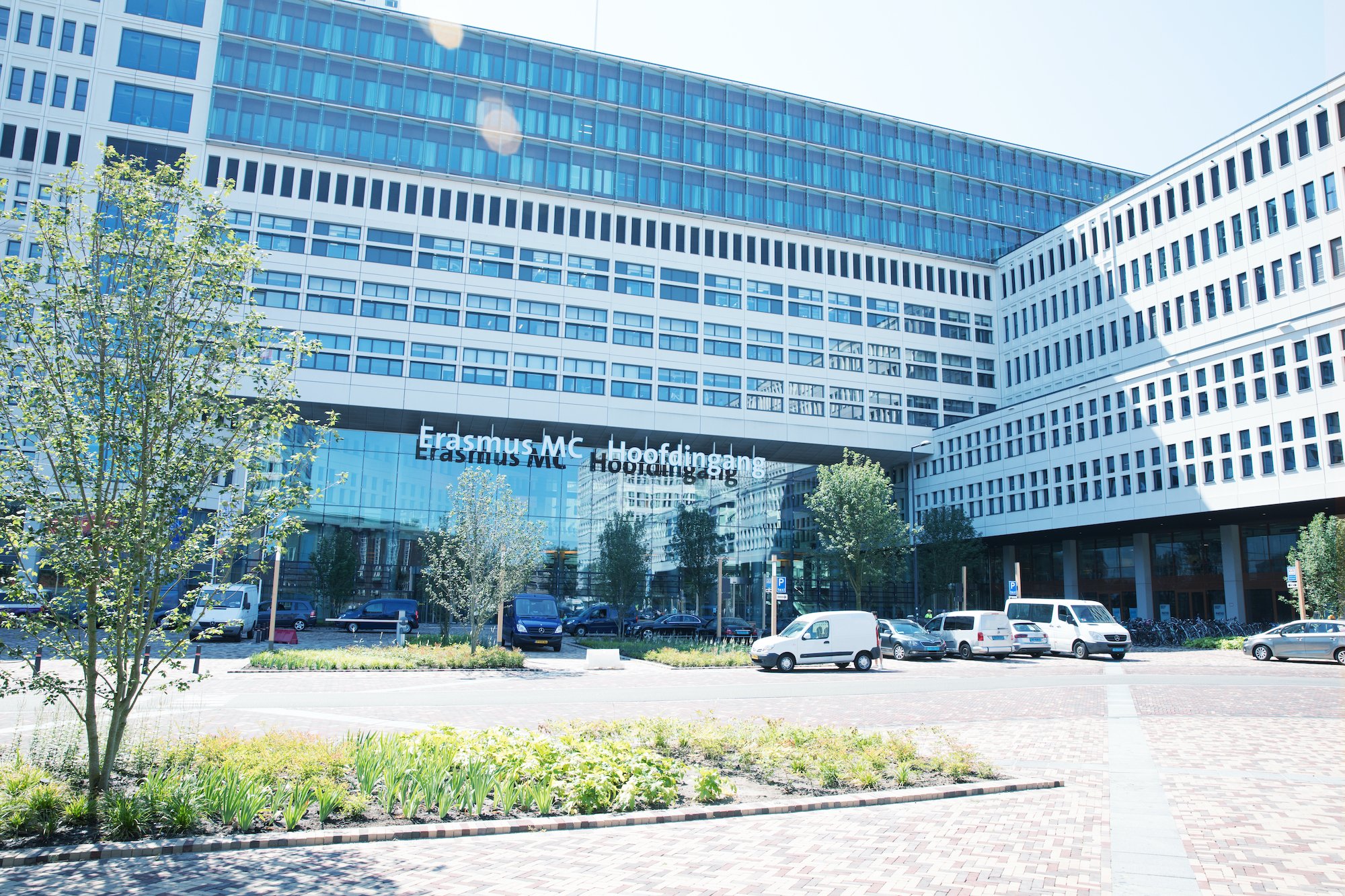PhD student on the project: Early dementia diagnosis in individuals with cognitive complaints using machine learning and MRI of the brain
PhD student on the project: Early dementia diagnosis in individuals with cognitive complaints using machine learning and MRI of the brain
You cannot apply for this job anymore (deadline was 6 Dec 2023).
Browse the current job offers or choose an item in the top navigation above.
Job description
Medical imaging of the brain plays a crucial role in the diagnosis of dementia. The rise of artificial intelligence in medical imaging in combination with the growth of clinical data and medical imaging made available for medical research provides opportunities for early diagnosis of cognitive decline and dementia. Diagnosing dementia in a preclinical phase of the disease is a steppingstone towards (targeted) prevention and intervention. However, major challenges in reaching early diagnosis are:
This project focuses on early diagnosis of dementia in primary care patients with subjective cognitive complaints. The project aims to predict whether someone with subjective cognitive complaints will develop cognitive decline or dementia, based on magnetic resonance imaging (MRI) of the brain using artificial intelligence.
As a PhD candidate on this project, you will perform state-of-the-art machine-learning based methodology, particularly deep neural networks and disease progression modeling, to predict cognitive decline and dementia based on the MRI of the brain. Your project will be embedded in the Scan2Go consortium, a national initiative which focusses on designing an easy-to-use autonomous MRI dedicated for diagnosing dementia in an early stage. A proof of principle of self-scanning and automatic quantification and reporting of brain damage from MRI will be developed with the ultimate aim to initiate a cultural change in the utilization of MRI, partially shifting from third line to first line care. In collaboration with other partners of the consortium, your role is to develop automated quantification and reporting of brain damage, based on the machine-learning based methodologies that support clinicians in diagnosing dementia.
You will be working with population-based as well as clinical data from different centers and will also contribute to the implementation of the automated quantification of brain damage within the Alzheimer Center of the Erasmus MC.
- The long preclinical phase of the disease before symptom onset.
- The heterogeneity of dementia.
- The large variation in healthy aging observed in a population.
- The strong association between age and the risk of developing dementia.
This project focuses on early diagnosis of dementia in primary care patients with subjective cognitive complaints. The project aims to predict whether someone with subjective cognitive complaints will develop cognitive decline or dementia, based on magnetic resonance imaging (MRI) of the brain using artificial intelligence.
As a PhD candidate on this project, you will perform state-of-the-art machine-learning based methodology, particularly deep neural networks and disease progression modeling, to predict cognitive decline and dementia based on the MRI of the brain. Your project will be embedded in the Scan2Go consortium, a national initiative which focusses on designing an easy-to-use autonomous MRI dedicated for diagnosing dementia in an early stage. A proof of principle of self-scanning and automatic quantification and reporting of brain damage from MRI will be developed with the ultimate aim to initiate a cultural change in the utilization of MRI, partially shifting from third line to first line care. In collaboration with other partners of the consortium, your role is to develop automated quantification and reporting of brain damage, based on the machine-learning based methodologies that support clinicians in diagnosing dementia.
You will be working with population-based as well as clinical data from different centers and will also contribute to the implementation of the automated quantification of brain damage within the Alzheimer Center of the Erasmus MC.
Specifications
- max. 36 hours per week
- €335—€3677 per month
- Rotterdam View on Google Maps
Requirements
- You should be an independent and highly motivated researcher with an MSc or MEng degree in a technical domain with a strong affinity for clinical translation (e.g. Clinical Technology, Technical Medicine or Biomedical Technology/Engineering).
- Excellent proficiency in English is required.
- Experience with machine learning and programming is highly valued.
- You should be able to communicate and work with researchers from various fields.
Conditions of employment
- You will receive a temporary position for 4 years.
- The gross monthly salary is € 2.901 ,- in the 1st year and increases to € 3.677,- in the 4th year (scale OIO). The terms of employment are according to the Collective Bargaining Agreement for Dutch University Medical Centers (CAO UMC).
- Excellent fringe benefits, such as a 13th month that is already paid out in November and an individual travel expense package.
- Pension insurance with ABP, we take care of approximately 2/3 of the monthly contribution.
- Special benefits, such as an incompany physiotherapist and bicycle repairer. There is also a gym where you can work on your fitness after work.
Employer
Erasmus MC
The research will be conducted at the Biomedical Imaging Group Rotterdam (BIGR) and within the Population Imaging group, which is part of the department of Radiology & Nuclear Medicine of the Erasmus MC, University Medical Center Rotterdam. The department has an international character with a good balance between internationally recognised, high-end research and an excellent social working environment.The supervision for this project will be provided by Dr. Eline Vinke, postdoctoral researcher, Dr. Esther Bron, Assistant Professor in Neuroimage Analysis and Machine Learning and Dr. Meike Vernooij, Professor of Population Imaging (promotor). You will collaborate with a team of experienced researchers with backgrounds in Image Analysis, Machine Learning, Population Imaging, Radiology, Neurology and Neuropsychology.
Specifications
- PhD; Research, development, innovation
- Health
- max. 36 hours per week
- €335—€3677 per month
- University graduate
- 45.20.23.TDA-P1363967-1
:fill(white)/logos/emc-en-wide.png)
